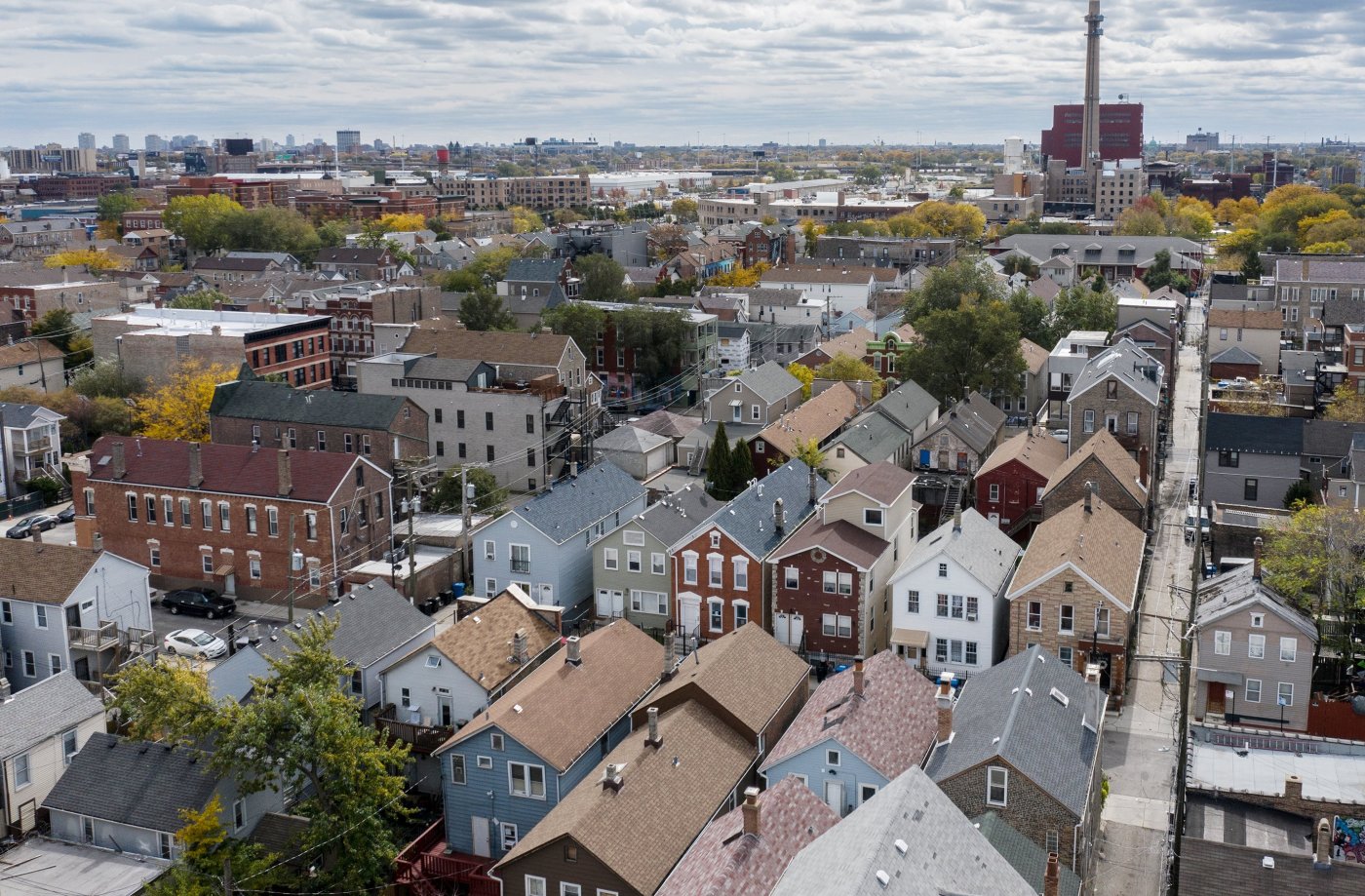URGENT UPDATE: Real estate brokers in Chicago are calling for the immediate legalization of citywide accessory dwelling units (ADUs) to address a critical housing shortage affecting residents. As of June 2025, the city has seen a staggering 58% drop in housing inventory over the past decade, with only 4,200 homes available compared to 10,024 homes in June 2015.
The situation has escalated, as the city grapples with rising home prices and rent rates. The median sales price of homes in Chicago has surged from $242,500 in 2014 to $355,625 at the end of 2024, marking a 47% increase that far outpaces wage growth and inflation. Average rent for a one-bedroom unit has nearly doubled, skyrocketing from $991 to $1,962—a staggering 98% jump.
In light of these alarming statistics, brokers like Erika Villegas and Lutalo McGee emphasize that legalizing ADUs can provide an immediate solution. These units, which include coach houses, basement apartments, and garden units, can quickly expand housing options without requiring extensive new construction. Currently, Chicago’s pilot program has only authorized around 400 legal ADUs within a limited area, covering just five of the city’s 50 wards.
“We need a citywide green light for ADUs to relieve the pressure on our strained housing supply,” Villegas stated. The potential social benefits are immense, allowing seniors to age in place, enabling young adults to live near family, and helping homeowners generate income to manage rising property taxes.
Looking ahead, by 2030, nearly 20% of Chicago’s population will be aged 65 and older, necessitating a shift in policy to support aging in place. Furthermore, legalizing ADUs can bolster local economies by creating jobs for skilled labor and attracting new residents who will support neighborhood businesses.
Critics of increased density often voice concerns about preserving “neighborhood character.” However, research suggests these fears are largely unfounded. ADUs represent a gentler form of density, adding housing without altering the streetscape or the fabric of communities. Residents of ADUs are also likely to own fewer cars and rely more on public transit, mitigating potential parking issues.
Homeowners interested in building ADUs are encouraged to engage with neighbors early in the process to address concerns. As the City Council deliberates, the need for a streamlined, intentional ADU policy has never been more urgent. Legalizing ADUs will not only stabilize neighborhoods but also improve affordability for countless families.
The time to act is now. Chicago’s housing crisis demands immediate solutions, and citywide legalization of ADUs stands out as a promising start. The call to action is clear: let’s legalize ADUs across Chicago—before it’s too late.
